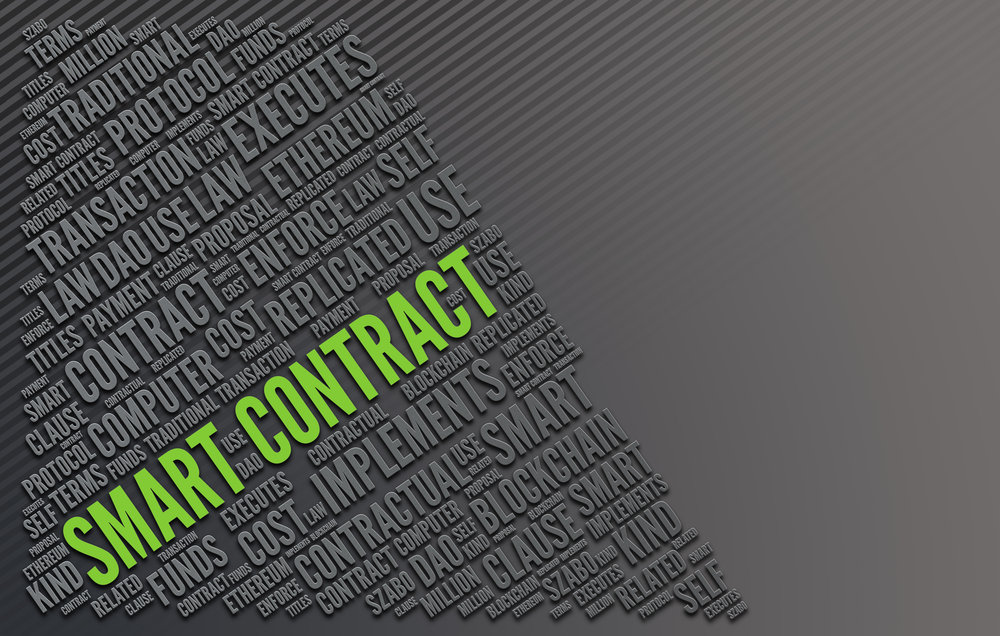Smart contracts are a fascinating piece of technology. Not only can they be used to perform functions automatically, they also create new business models such as cryptocurrency ICOs. At present, though, the technology is anything but scalable or autonomous. However, Vitalik Buterin and Joseph Poon may have come up with a solution to this problem, with a platform known as Plasma.
Could Smart Contracts Become Scalable and Autonomous?
We have seen different use cases for smart contract technology in its current form. Cryptocurrency ICOs are a main use case for this technology, although Ethereum technology is about so much more than just that. Highlighting what else these smart contracts are capable of has proven a challenge so far. This is mainly due to the issues which arise when scaling this technology or making it autonomous.
If it were up to Vitalik Buterin and Joseph Poon, that situation will change very soon. They have come up with an idea to introduce scalable and autonomous smart contracts to the world. Their project is known as Plasma, and serves as a proposed framework for enforced and incentivized execution of smart contracts. The end goal is for this technology to be scalable to a significant amount of state updates per second. In a perfect world, that number of updates would someday reach the 10-digit mark.
It is due time we started to look well beyond financial applications for smart contract technology. Right now, virtually all that revolves around this particular technology has financial implications. While that is good to see, it can also hide the true potential of smart contracts. Forcing a shift to occur will require a lot of work. Making the Ethereum blockchain capable of representing a vast number of decentralized financial apps worldwide will not happen overnight by any stretch of the imagination.
At the same time, Buterin and Poon intend to focus on making Dapps more feasible — not just to process financial activity, but also as a way to come up with new economic incentives for persistent data services. If this is successful, Plasma may well provide a viable path away from centralized server farms altogether. This is a lofty and ambitious goal on the part of the developers, but one that is not entirely impossible to achieve either. There is some fierce competition in the current “war” against centralized server farms.
The whitepaper associated with these scalable autonomous smart contracts is well worth checking out. It contains a lot of technical information which developers and coders will want to thoroughly examine. These smart contracts will be composed on the main Plasma blockchain through the use of fraud proofs. State transitions associated with the contracts can then be enforced on a parent blockchain, such as the Ethereum chain, as needed. It may sound quite odd to build another blockchain, but in this case it seems a sensible approach.
Plasma will provide mechanisms to ensure continued correct execution of data. As is the case with any decentralized system, there is always room for abuse if people are inclined to follow that route. Rewarding people for good behavior is a must in situations like these. Additionally, this new project should allow for low-cost transactions and scalable computation. It will be interesting to see if such a project can succeed.

